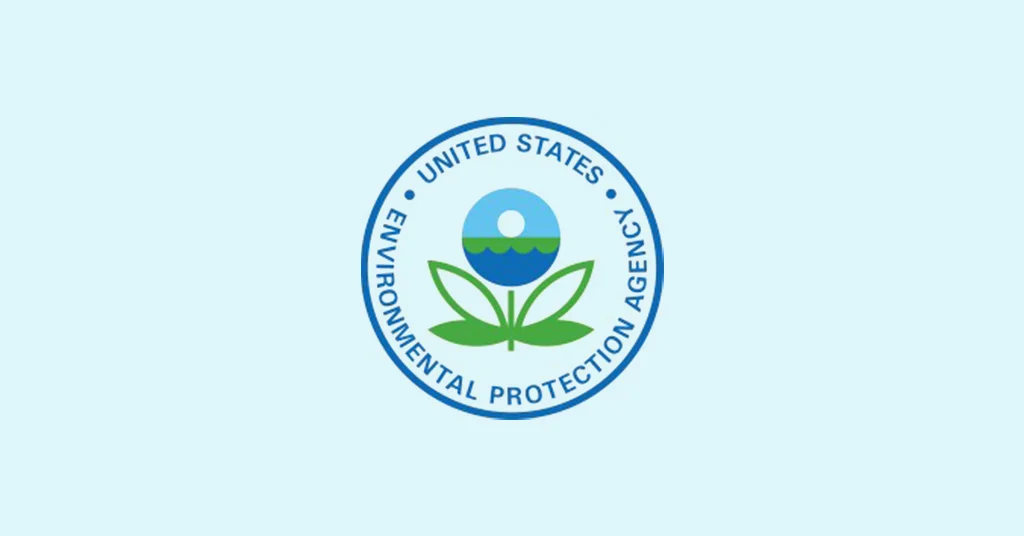Welcome To ChemAnalyst

The US Environmental Protection Agency (EPA) has concluded settlements amounting to $373,490 with two companies based in Maine due to safety violations related to ammonia refrigeration systems.
In recent developments, the EPA resolved an issue with Jasper Wyman & Son, a blueberry processing plant situated in Cherryfield, Maine. The company has agreed to pay a penalty of $73,490 to address alleged breaches of the Clean Air Act's chemical accident prevention stipulations within its facility. As part of this resolution, Jasper Wyman & Son has committed to arranging training sessions for local emergency responders, imparting knowledge about managing ammonia releases. Additionally, the company is contributing equipment to enhance the response capabilities of the Cherryfield Fire Department. This supplementary environmental project is valued at approximately $65,000.
Another case involves Barber Foods LLC, a Portland-based enterprise specializing in the production of frozen poultry products. Over the past year, Barber Foods LLC has reached an agreement to settle violations pertaining to their Risk Management Plan (RMP) at two separate facilities. The penalties assessed stand at a combined total of $300,000. Of this, $149,000 accounts for alleged infringements at their Milliken Street plant, and $151,000 is associated with supposed violations at their St. John's Street facility.
The infringements identified in these settlements revolve around deviations from the Clean Air Act's RMP requirements. Inspections conducted by the EPA at all three facilities unearthed failures in identifying, analyzing, and managing specific hazards. Additionally, there were lapses in documenting compliance with prescribed good engineering practices, as well as instances of equipment maintenance violations.
EPA's New England regional administrator, David W. Cash, conveyed concerns about the recurrent lack of adherence to the Clean Air Act's mandates for facilities employing anhydrous ammonia as a refrigerant. Despite the EPA's concerted efforts to bolster compliance within these environments, inspectors continue to encounter worrisome instances of non-compliance, particularly in the context of identifying potential hazards and adhering to industry-standard practices while operating refrigeration systems.
In the case of Jasper Wyman & Son, aside from the violations related to the Clean Air Act's chemical accident prevention requirements, there are also allegations surrounding the company's failure to adhere to the Clean Air Act's General Duty Clause for a specific refrigeration system with a capacity of less than 10,000 lbs (4536 kg) of ammonia. These allegations encapsulate a range of shortcomings, such as the inability to identify hazards, neglecting necessary hazard analysis and control measures, and deficiencies in documenting compliance with established good engineering practices.
These settlements serve as a reminder of the ongoing challenges associated with ensuring the safe and environmentally compliant operation of facilities utilizing ammonia refrigeration systems. The EPA's commitment to upholding chemical accident prevention requirements remains steadfast, with a focus on fostering a culture of adherence to these crucial regulations.
We use cookies to deliver the best possible experience on our website. To learn more, visit our Privacy Policy. By continuing to use this site or by closing this box, you consent to our use of cookies. More info.
